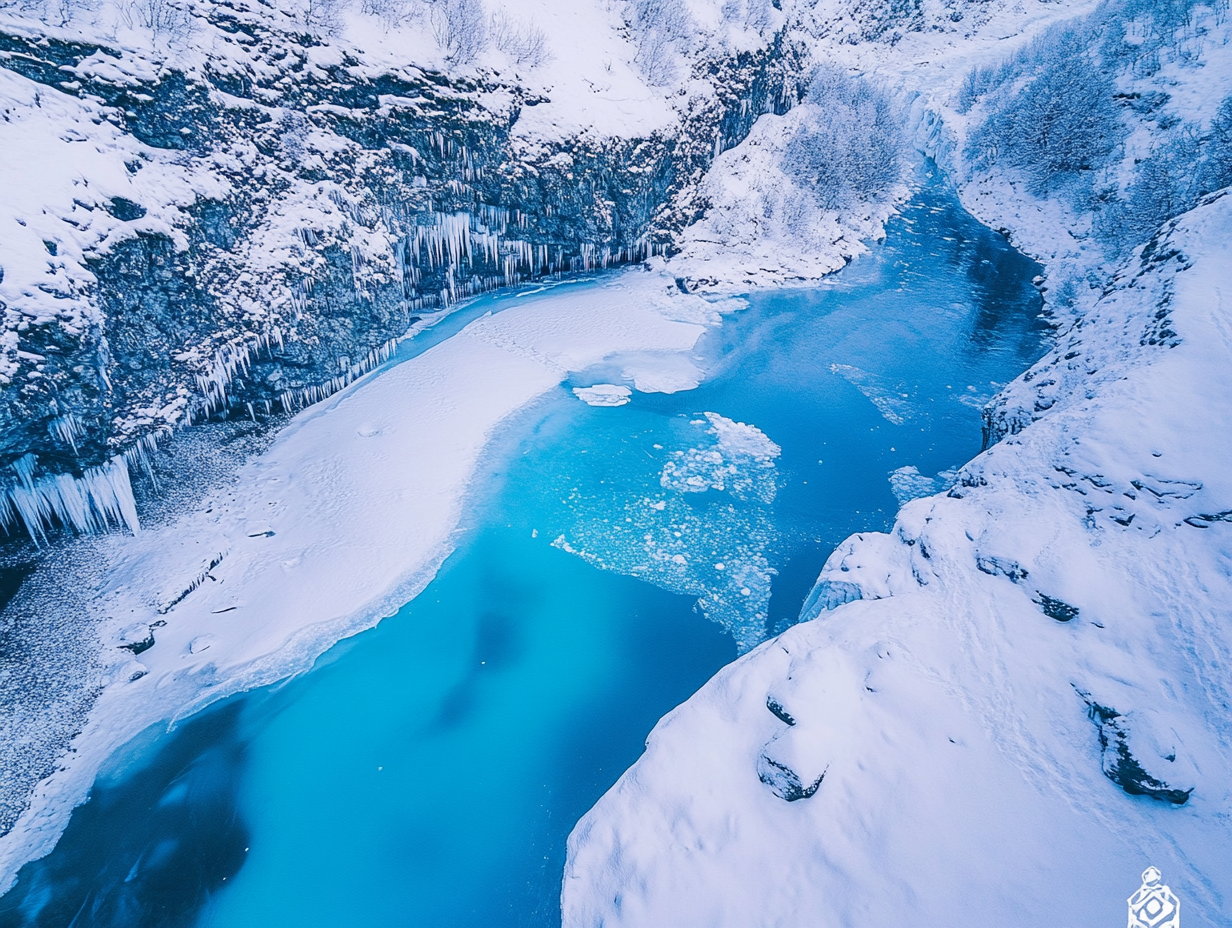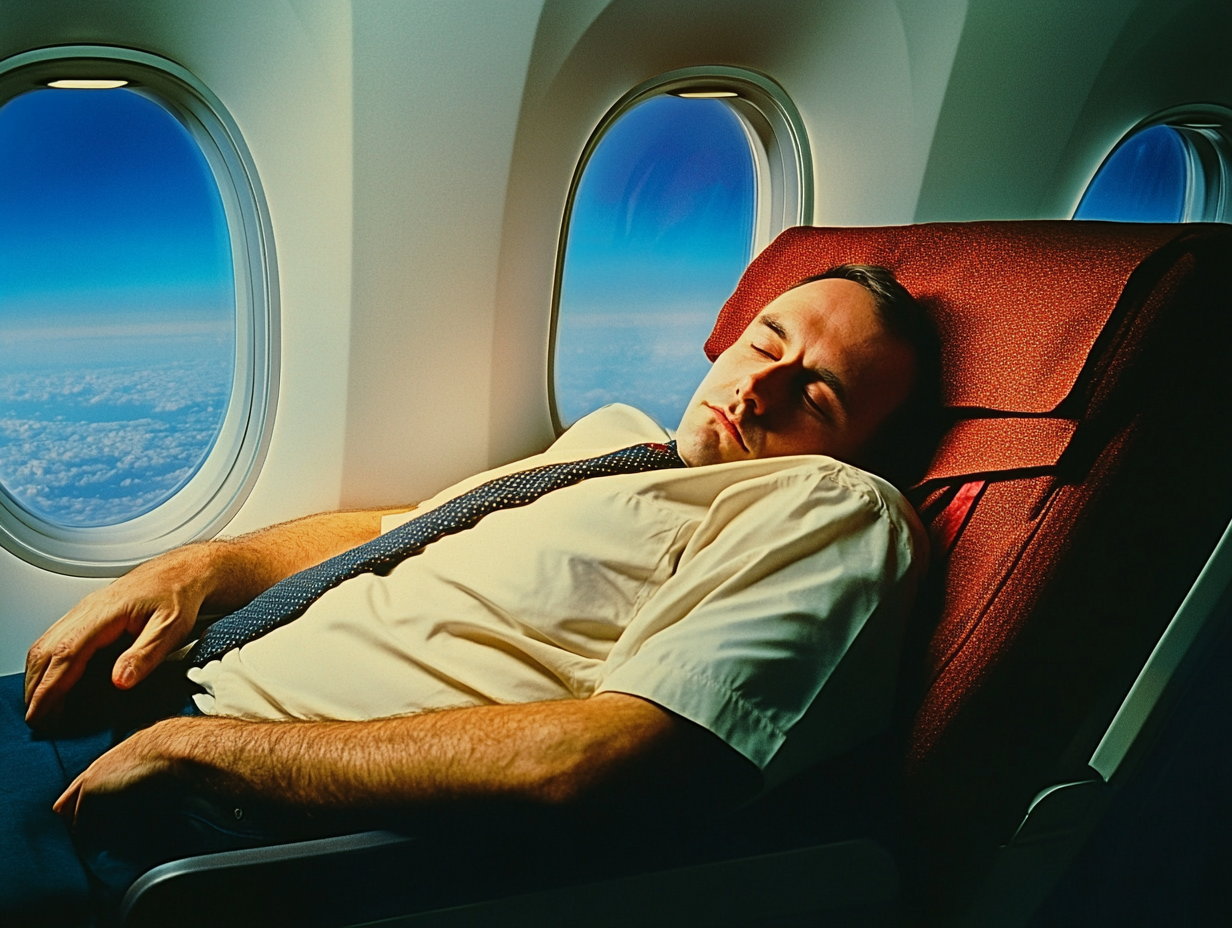For F-1 visa holders studying in the US, travel in 2025 demands caution. Stick to destinations with clear entry policies, carry your I-20, passport, and enrollment proof, and avoid risky re-entry delays. Tightened immigration policies under the Trump administration, including visa revocations and re-entry uncertainties, have made international trips riskier.
With processing delays averaging 4–6 months and enhanced scrutiny at US borders, many are opting for destinations that minimise visa hassles and ensure safety. Here are six safe travel options for F-1 visa holders for this year.
Canada
Because of its accessibility and ease of admission for F-1 students with a valid US visa, Canada continues to be a popular option. Stays up to six months are permitted with an Electronic Travel Authorisation (eTA), which may be purchased online for roughly $7. Canada scores highly on safety indices such as the Berkshire Hathaway Travel Protection rankings because of its thriving cultural scenes and low crime rates in cities like Toronto and Vancouver.
Mexico
For F-1 holders, Mexico offers a 180-day visa-free access period for anyone with a valid US visa. From Mexico City’s historic alleys to Cancún’s beaches, it’s a reasonably priced and varied vacation destination. Tourist destinations are well-protected, and the short travel distance eases re-entry issues. Perfect for a short semester break, you can easily pass the customs with your I-20 and confirmation of enrolment.
Iceland
Iceland tops safety lists for 2025, thanks to its low crime rate and peaceful environment. F-1 students need a Schengen visa, but a valid US visa simplifies the process at Icelandic consulates. Reykjavik’s geothermal pools and the Northern Lights offer a serene escape. With volcanic activity monitored closely, it’s a stable bet for nature lovers willing to plan ahead for visa approval.
Costa Rica
Costa Rica is a tropical paradise that allows F-1 holders with a US visa to enter and remain for up to 90 days. In places like Arenal Volcano National Park, it is a safe place for eco-adventures and is renowned for its political stability and biodiversity. Diversity is added by San José’s metropolitan appeal. Re-entry is easy if you have the proper documentation because of its proximity to the US.
Georgia
Georgia, a country in Eastern Europe, grants 90-day visa-free admission to those having a US visa. The combination of the Caucasus Mountains and Tbilisi’s modern and historical elements makes for an affordable cultural immersion. Georgia is a hidden gem because of its low crime rate and stable political system. Plan your re-entry time carefully to prevent any issues with your visa status because flights from the US are longer.
Dominican Republic
With a valid US visa, F-1 students can enter the Dominican Republic visa-free for 30 days. Punta Cana’s beaches and Santo Domingo’s colonial charm are highlights. It’s a Caribbean standout for safety and accessibility, with short flights from the US easing border re-entry stress. Check passport validity (six months minimum) to stay compliant.



